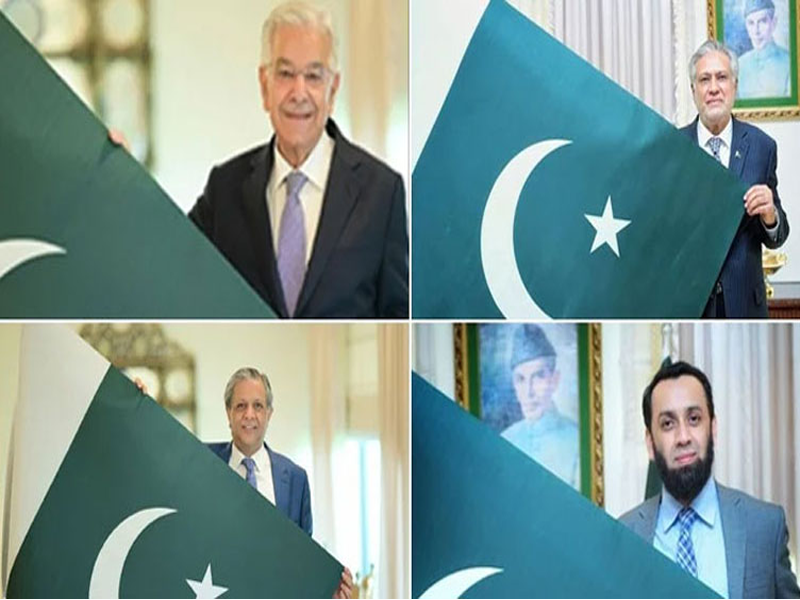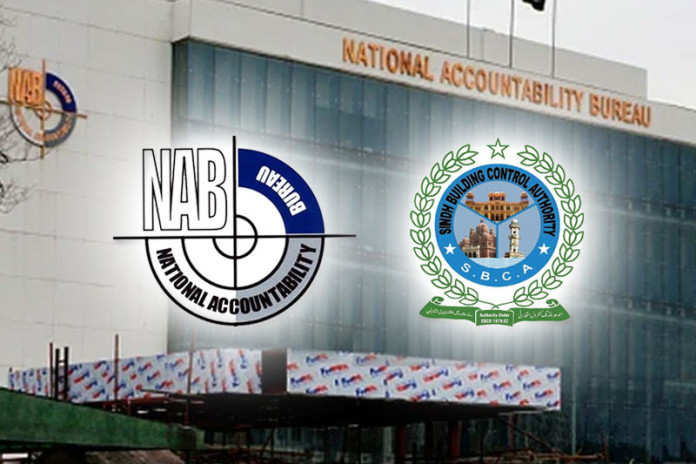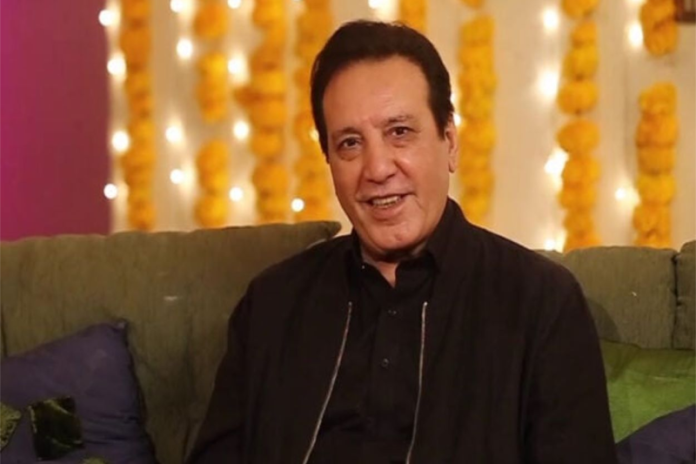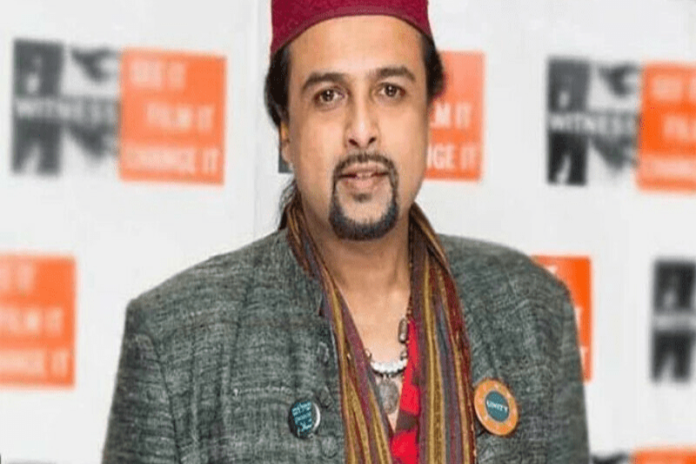September 6th: Commemorating Defence Day

- 496
- 0
September 6th stands as a significant date in Pakistan's calendar, marking Defence Day, a day of national pride and remembrance.
This annual observance commemorates Pakistan's courageous stand against an attempted invasion during the Indo-Pakistani War of 1965. The day serves not only as a tribute to the bravery and sacrifices of the armed forces but also as a moment for the nation to reflect on its history, unity, and resilience. As the country prepares to celebrate Defence Day, it is essential to understand both the historical context of the day and the various ways it is commemorated. Historical Significance of Defence Day Defence Day marks the anniversary of September 6, 1965, when the Pakistani military successfully repelled an Indian offensive aimed at capturing Lahore, a key city in Pakistan's Punjab province. This conflict, part of the larger Indo-Pakistani War of 1965, was primarily fueled by the long-standing territorial dispute over the Kashmir region. The war, which lasted from August to September 1965, saw intense battles and significant losses on both sides.
However, it was the events of September 6th that became a defining moment for Pakistan, showcasing the resilience and strategic acumen of its armed forces. On that day, Pakistani forces demonstrated remarkable bravery and tactical skill, halting the Indian advance and securing their positions. This successful defense was a source of immense national pride and became a symbol of Pakistani unity and strength. The war's end, which resulted in a stalemate and subsequent peace talks, was a testament to the resolve of both nations but also underscored the importance of diplomatic solutions to regional conflicts. Celebrating Defence Day: Traditions and ObservancesDefence Day is marked by a variety of commemorative events and traditions throughout Pakistan. These observances serve to honor the memory of those who fought in the 1965 war and to instill a sense of patriotism and national pride among the populace. 1. Military Parades and Ceremonies: One of the most prominent features of Defence Day celebrations is the military parade, which showcases the strength and capability of Pakistan's armed forces.
Held in major cities like Islamabad, Lahore, and Karachi, these parades feature a display of military equipment, including tanks, missiles, and aircraft. The ceremonies often include reenactments of key battles and presentations by military personnel, emphasizing their valor and dedication. High-ranking officials, including the President and Prime Minister, typically attend these events, offering speeches that highlight the importance of national defense and the contributions of the armed forces. 2. Public Speeches and Media Coverage: Defence Day is marked by numerous public speeches and media programs that reflect on the significance of the day. Television channels and radio stations broadcast special programs, documentaries, and interviews with veterans and historians. These programs provide insights into the events of 1965, sharing personal stories and historical analysis that help the public understand the context and impact of the war. Educational segments are often included to teach younger generations about the history and values associated with Defence Day. 3. Educational and Cultural Events: Schools and educational institutions play a vital role in Defence Day celebrations. Students participate in various activities, including essay writing contests, debates, and exhibitions that focus on the 1965 war and its significance. These educational events aim to foster a deeper understanding of the nation's history and to cultivate a sense of pride and responsibility among young people. Cultural events, such as patriotic concerts and art exhibitions, also take place, celebrating Pakistani heritage and the spirit of resilience. 4. Wreath-Laying Ceremonies: Wreath-laying ceremonies at war memorials and graves of fallen soldiers are an important part of Defence Day observances. These ceremonies are conducted to honor and remember the sacrifices made by soldiers during the 1965 war. Family members of the fallen, along with military officials and civilians, gather to pay their respects and reflect on the contributions of those who served. The laying of wreaths is accompanied by moments of silence and solemn prayers. 5. National and Local Celebrations: Across Pakistan, Defence Day is observed with various local and national events that bring communities together. Public gatherings, flag hoisting ceremonies, and patriotic rallies are common, with citizens coming together to celebrate their country's strength and unity. Local organizations and businesses often organize special events, including cultural performances and community service activities, to mark the occasion.
Reflections on the Legacy of Defence Day Defence Day is not just a day of celebration; it is also a time for reflection on the values and lessons derived from the 1965 war. The observance provides an opportunity to consider the broader implications of the conflict and to understand its relevance to contemporary Pakistan. 1. National Unity and Resilience: One of the core messages of Defence Day is the importance of national unity and resilience. The 1965 war was a period of immense pressure and challenge for Pakistan, and the successful defense against the invasion highlighted the strength and determination of the nation. Defence Day serves as a reminder of the collective effort required to overcome adversity and the importance of standing together in times of crisis. This sense of unity is crucial for addressing contemporary challenges and building a cohesive society. 2. Reflection on Geopolitical Dynamics: The Indo-Pakistani War of 1965 and its aftermath have had lasting effects on regional geopolitics. Defence Day offers a moment to reflect on the complexities of South Asian politics, including the ongoing disputes over Kashmir and the broader relationship between India and Pakistan. Understanding the historical context of these conflicts is essential for navigating current diplomatic and security issues and for working towards peaceful resolutions. 3. Appreciation for Sacrifice and Service: Defence Day underscores the value of sacrifice and service. The bravery and dedication of the soldiers who fought in the 1965 war are celebrated, highlighting the personal and collective sacrifices made in defense of the nation. This appreciation extends to current members of the armed forces, who continue to serve with honor and commitment. Recognizing their contributions helps to foster respect and support for the military and its role in safeguarding the country. 4. Promotion of Peace and Diplomacy: While Defence Day focuses on military achievements, it also serves as a reminder of the need for peace and diplomacy. The 1965 war demonstrated the costs of conflict and the importance of finding diplomatic solutions to disputes. As Pakistan continues to address regional and global challenges, the lessons from Defence Day emphasize the value of dialogue and cooperation in achieving lasting peace and stability. Conclusion September 6th, or Defence Day, is a profound and multifaceted occasion for Pakistan. It commemorates the courage and resilience demonstrated during the Indo-Pakistani War of 1965, while also serving as a time for national reflection and unity. The celebrations, ranging from military parades and educational events to public speeches and wreath-laying ceremonies, highlight the significance of the day and the values it represents.
As Pakistan observes Defence Day, it not only honors its past but also reaffirms its commitment to the principles of strength, unity, and peace. Through these observances and reflections, the nation continues to celebrate its heritage and look towards a future grounded in resilience and hope

















































